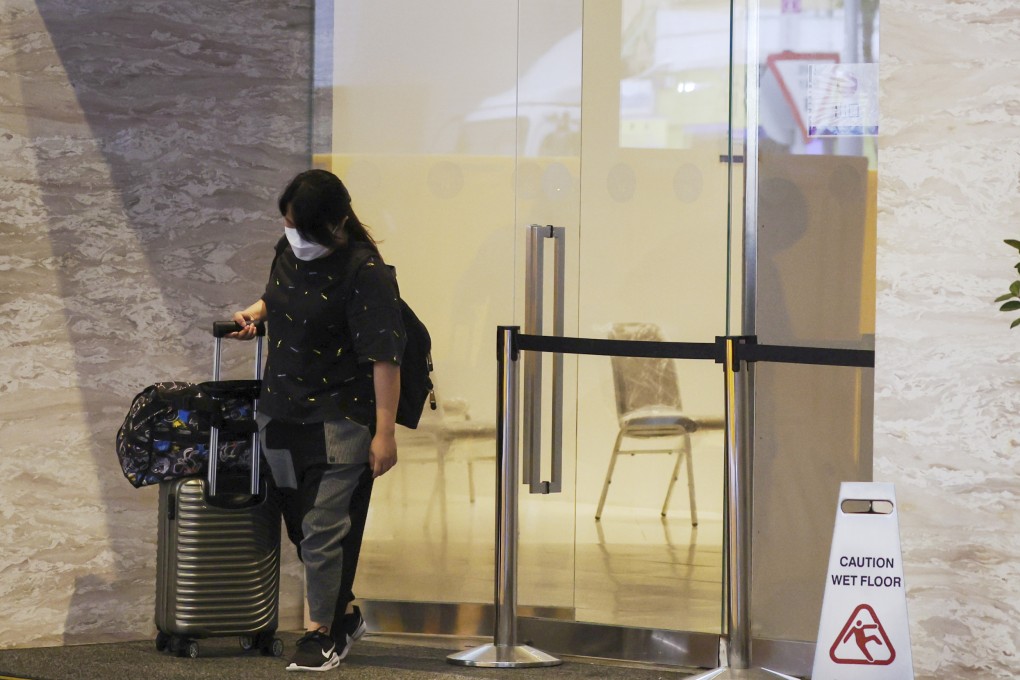Advertisement
Letters | How exactly Hong Kong’s hotel quarantine is a waste of resources
- Daily testing during hotel quarantine expends resources and generates large amounts of waste with no guarantee of efficacy
- If properly handled, arrivals could quarantine at home and achieve the aims of hotel quarantine without putting hotel workers at risk
Reading Time:2 minutes
Why you can trust SCMP
2

Feel strongly about this letter, or any other aspects of the news? Share your views by emailing us your Letter to the Editor at [email protected] or filling in this Google form. Submissions should not exceed 400 words, and must include your full name and address, plus a phone number for verification.
The official stance of the Hong Kong government on hotel quarantine is that its purpose is to “further prevent the importation of Covid-19 cases and reduce contact between arrivals and the local community”. But is it truly effective?
First, one could argue that quarantining at home, if adequate space and resources are provided, would “reduce contact between arrivals and the local community” more effectively. Considering the numerous staff required to operate 66 quarantine hotels across Hong Kong, it seems more people are at risk with this policy.
Advertisement
If the argument is that staff are not at risk because of quarantine logistics in the hotel, family members will also not be at risk if they properly conduct quarantine – leaving food at the door, disinfecting surfaces and so on – in a safe space at home.
If hotel quarantine is implemented to prevent importing Covid-19 cases, does it truly do the job?
Advertisement
The evidence suggests the best time to administer rapid antigen testing (RAT) is somewhere between three to five days after being exposed to Covid-19. Currently, incoming travellers are required to present proof of a negative polymerase chain reaction (PCR) test before boarding, take another PCR test upon arrival, conduct RAT every day in quarantine and take a PCR test on Day 5.
Advertisement
Select Voice
Select Speed
1.00x